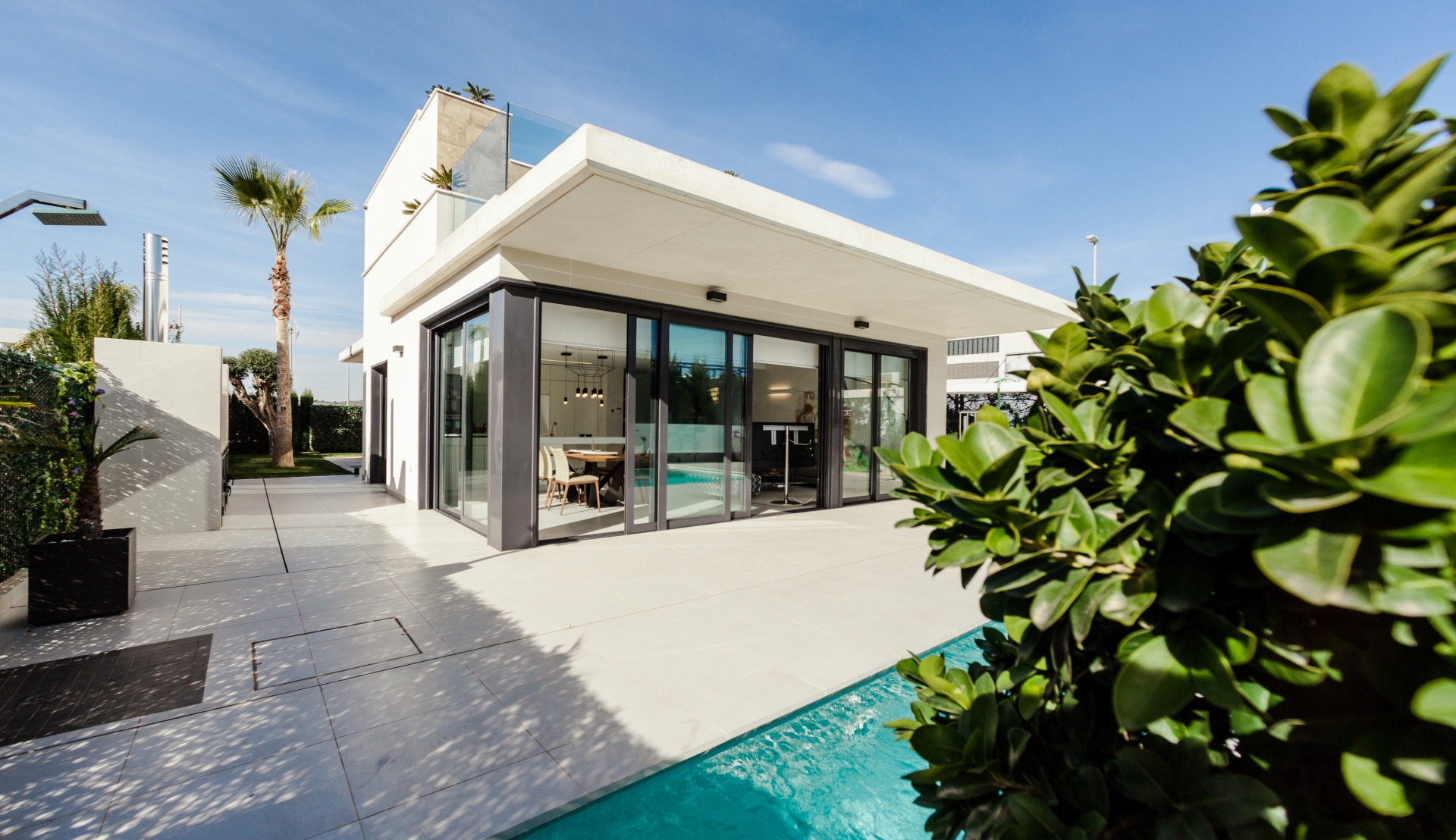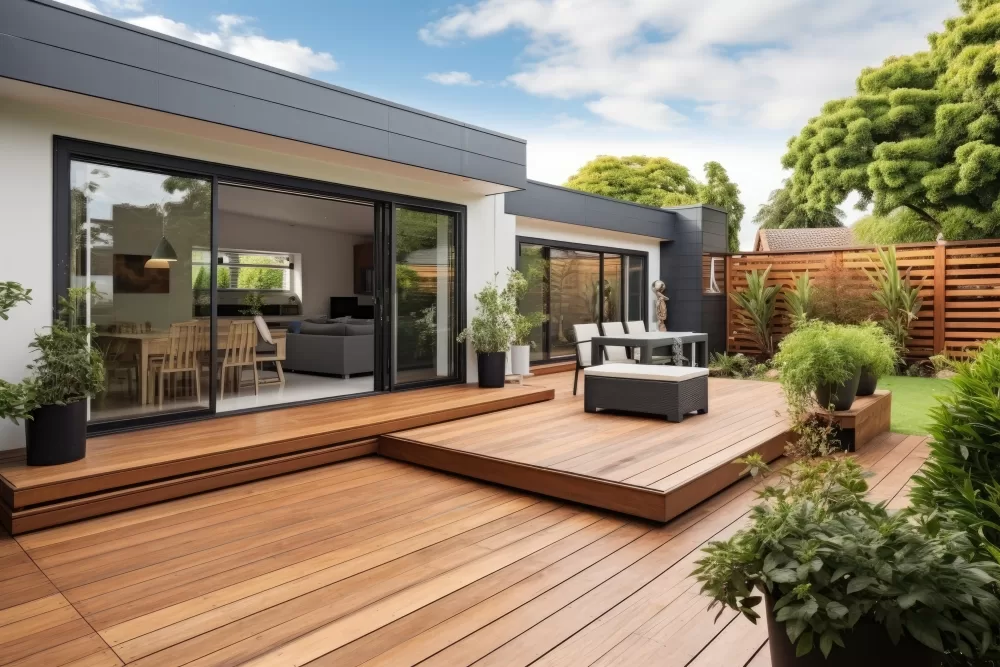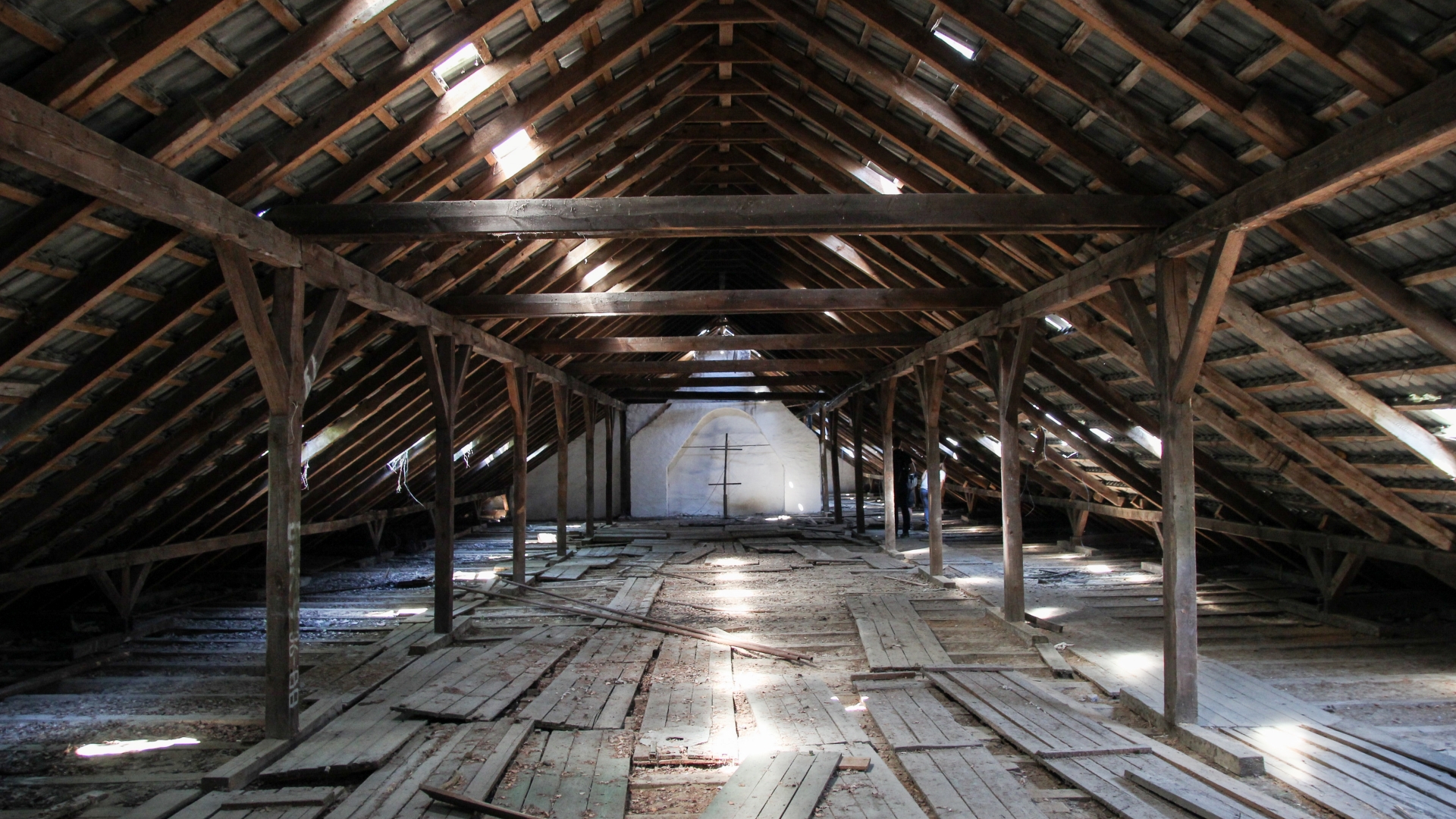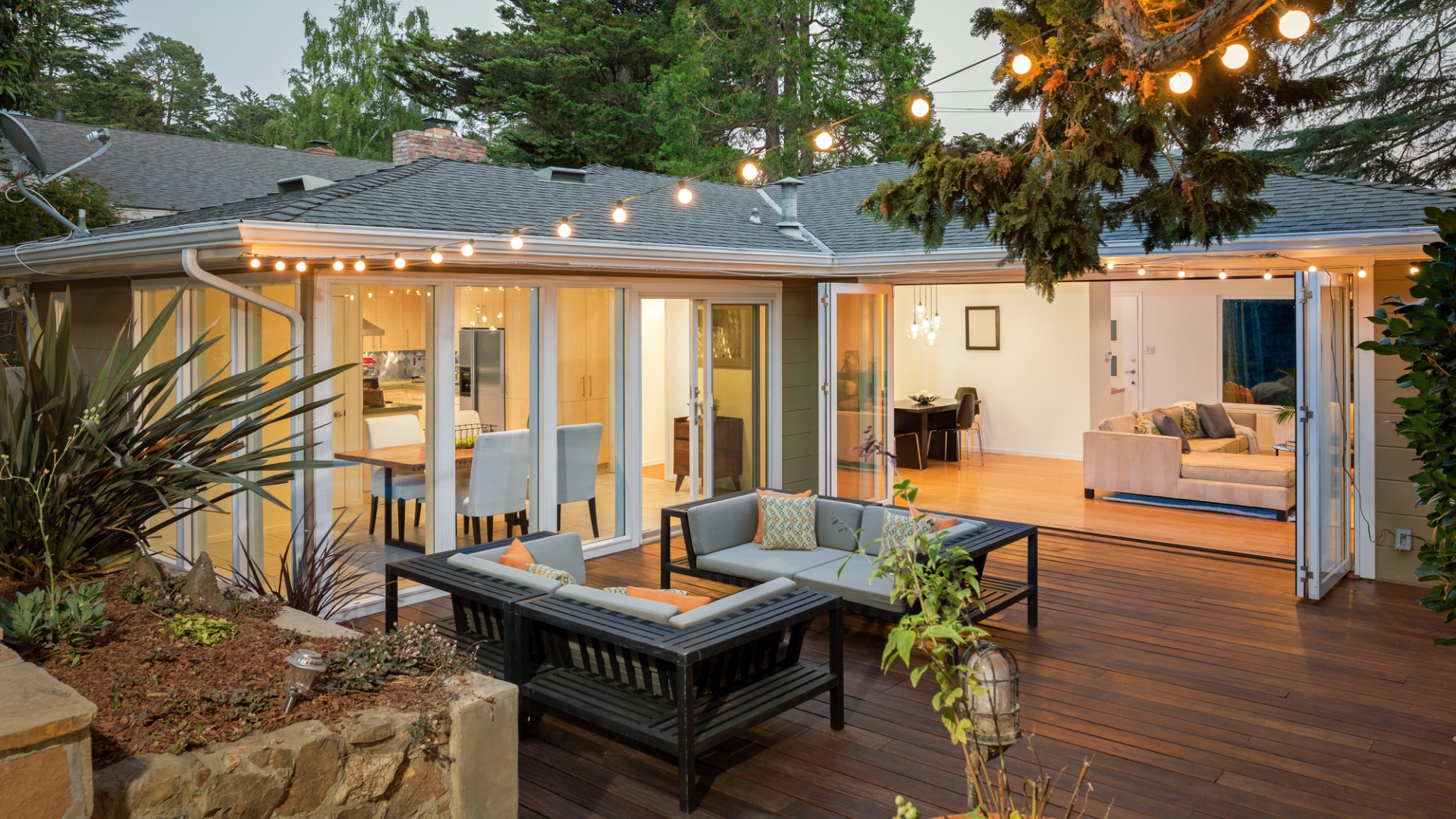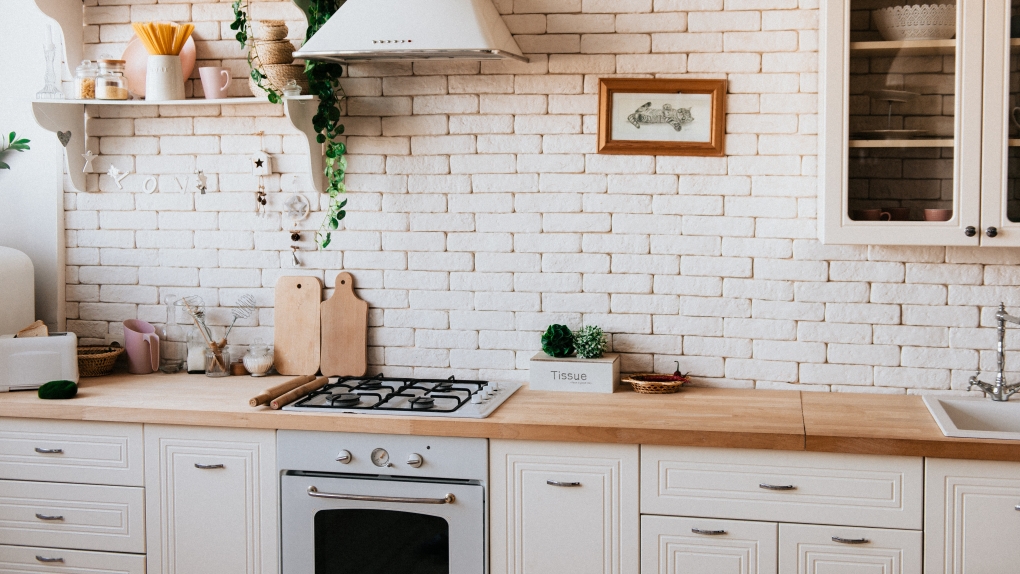
Are you planning to remodel your kitchen, but feeling overwhelmed with the sheer variety of projects at hand? With so much to consider and organize, it can be difficult to know where to start. Whether you’re after a full-scale makeover or just some sprucing up of small details here and there, we’ve put together seven things that you should keep in mind when taking on this important task.
From understanding how certain design elements will affect the usability of your space, choosing the right materials for longevity and sustainability, and balancing your budget while maintaining style — these are just some key factors that need consideration before getting started. Read our helpful guide below now!
1. Set a Budget
Renovations are exciting but it’s important to make sure you’re not spending more money than you can afford. Setting a budget is key to avoiding future financial regret.
Evaluating your finances and determining how much you can realistically afford to spend on the renovation beforehand will save you from potential headaches down the line. Moreover, when calculating the cost for kitchen renovation, it’s important to factor in the price of installation, labor, and any other miscellaneous fees that may pop up. Additionally, setting a budget will help you prioritize the areas that need the most work and make the most sense for your financial situation. Don’t overlook this crucial step in the renovation process!
2. Gauge Your Needs
Remodeling your kitchen can be an exciting project that can breathe new life into your home. However, when space is limited, it can seem like a daunting task to identify both your needs and wants. This is where smart planning and careful consideration come into play. It is important to assess your kitchen’s functionality and determine what is essential for your daily routines.
For example, do you cook regularly and require more counter space? Or, do you host dinner parties and require more seating? By taking the time to gauge your needs, you can create a dream kitchen that not only looks beautiful but also serves a practical purpose.
3. Find Inspiration
Designing a kitchen can be a daunting task, but finding inspiration is the perfect place to start. Magazines, websites, and TV shows offer a wealth of ideas to get your creative juices flowing. Whether you want a modern, sleek design or a cozy farmhouse-style kitchen, these resources can help you pinpoint the perfect style.
You can even take inspiration from unexpected places, like nature or your favorite vacation spot. With so many options available, you’re sure to find a kitchen design that speaks to your personal style and needs.
4. Choose Your Appliances
When it comes to remodeling your kitchen, choosing the right appliances is a crucial component. Not only do they need to meet your specific needs, but they should also be energy efficient. Having appliances that are energy efficient can make a significant impact on your utility bills and the environment.
Plus, it’s always a great feeling to know that you’re doing your part in reducing your carbon footprint. So, take the time to research and select appliances that will make your life more comfortable and are kind to the planet.
5. Prioritize Safety
Creating a safe and secure kitchen is paramount to any homeowner, regardless of their culinary skills. A few simple steps can ensure that your kitchen is equipped for safe and enjoyable cooking experiences.
Firstly, proper ventilation is essential to remove smoke and cooking odors from the air. Secondly, ensuring that the flooring is secure and slip-resistant can help avoid any unfortunate accidents. Finally, having the latest appliances that are updated can help avoid electrical, gas, or other safety hazards.
6. Consider Resale Value
When it comes to renovating your kitchen, it’s important to keep the future in mind. While you may be making choices based on your personal preferences and needs, it’s crucial to consider resale value as well. One factor to keep in mind is color choices.
Opting for trendy or bold hues may seem fun at the moment, but it can be a turn-off for potential buyers down the line. Another consideration is fixtures. Investing in high-quality, durable faucets, hardware, and lighting can make a significant impact on the overall value of your home.
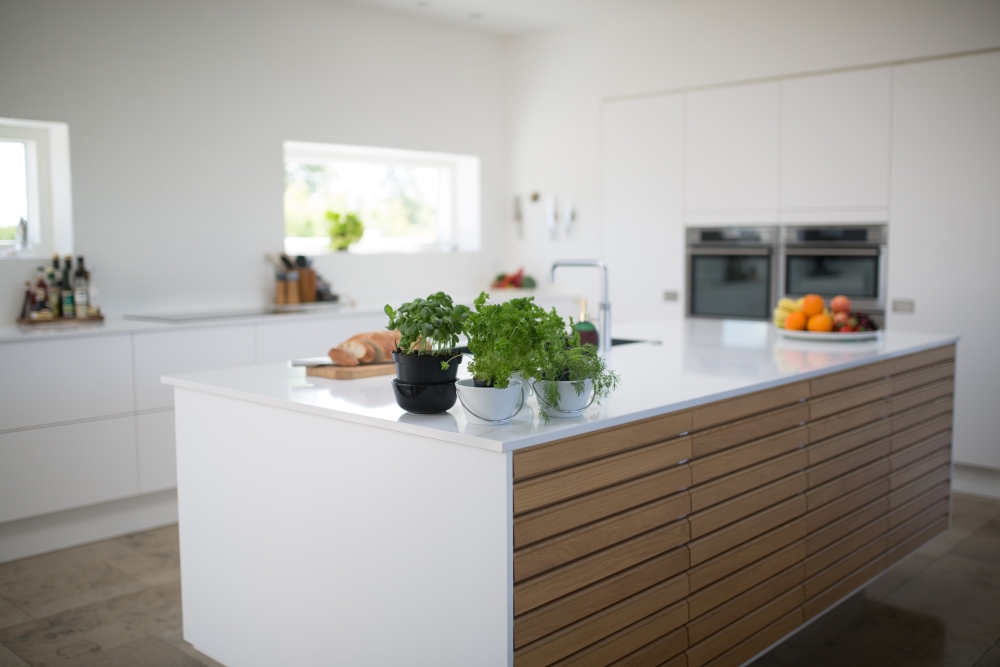
Remodeling your kitchen requires significant planning and effort, but it can also be incredibly rewarding. As you navigate the process, there are several key things to keep in mind: set a budget, gauge your needs, find inspiration, choose appliances that meet your needs and reflect your style, prioritize safety, and consider the future resale value of your home.
Ultimately, if done right, remodeling your kitchen can give you a beautiful look that will last for years to come. So take the time to consult professionals and get feedback from friends and family before you start – it may save you a headache down the line!




